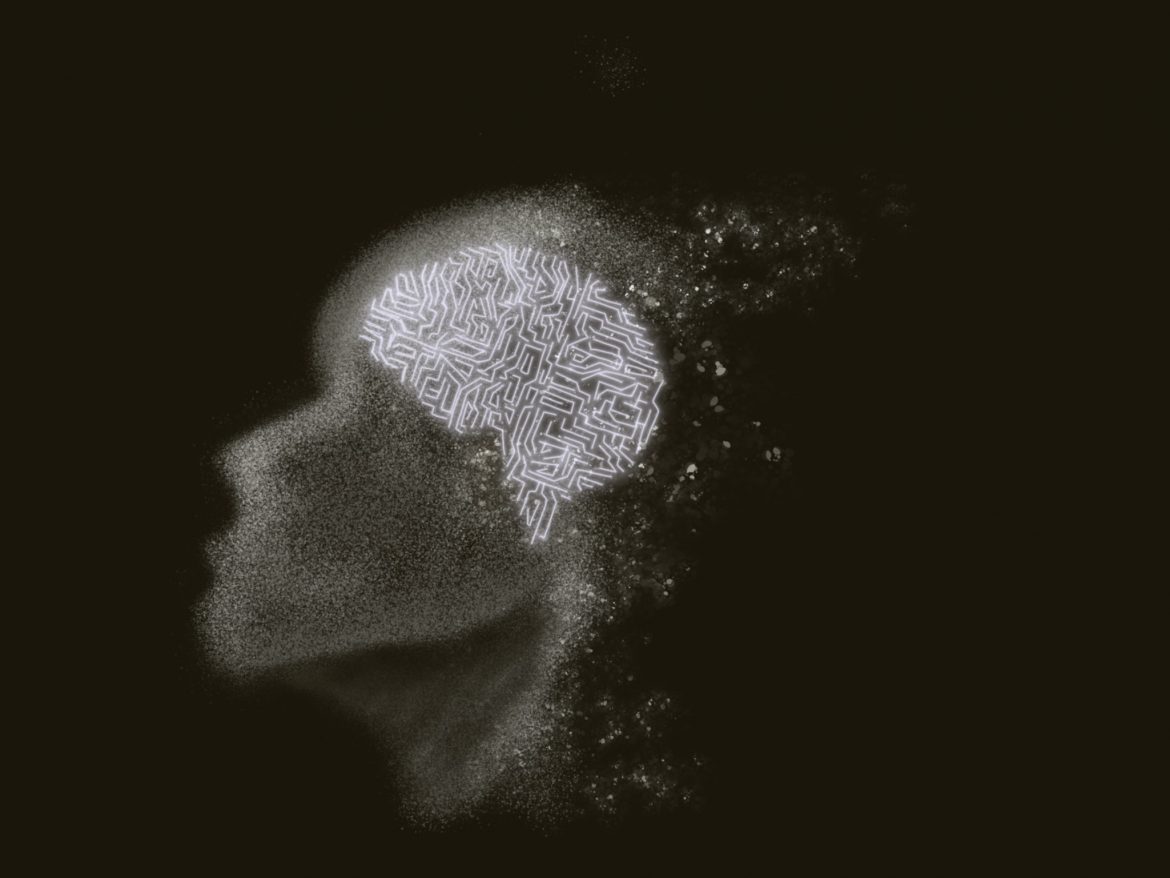The Importance of Learning How to Learn
Jonathan Spears, The Mike Contributor
Any student pursuing a university education may have heard the phrase “university teaches you how to learn.” As a student of the humanities I often hear this, or am consoled by telling myself this, when I talk with others or think about the lack of job prospects in my immediate future.
Despite the cliché nature of the phrase, when I dwell on the meaning of being a student and the purpose of a university, I cannot help but return to it. “Learning how to learn” is a process intrinsic to the journey of a university student, which is valuable beyond its applications to any potential workplace after one graduates. The value lies in building one’s character. The development of one’s character and the pursuit of truth and knowledge run hand in hand as synchronous and correlative processes of being a student, and they can each be understood through the analogy of forging a sword.
When one begins their education process they are like a piece of unsharpened metal with which a blacksmith begins his work. They still have form, but not yet their final form—nor are they very sharp. As the university education commences, the student is heated and hammered with ideas and concepts over and over again, slowly learning and forming into the shape with which they will graduate.
The same occurs with the student’s character: throughout their education they are shaped by the virtues and vices they encounter along the way, which help to sharpen their identity. The most important piece of this idea lies in a small detail of the analogy. Any blacksmith will tell you that if the metal being worked on isn’t heated properly, it will break when hammered or simply be scratched by the tools. In order for the metal to be properly shaped into a sword, it must be malleable.
This is what learning how to learn is all about. It’s about learning how to be malleable in the face of ideas, concepts, virtues, and vices which may come your way to shape and sharpen your character and mind. The most successful student is the one who can be adaptable and open to new ideas and experiences. So the next time someone tells you that your university education “teaches you how to learn,” be malleable.




